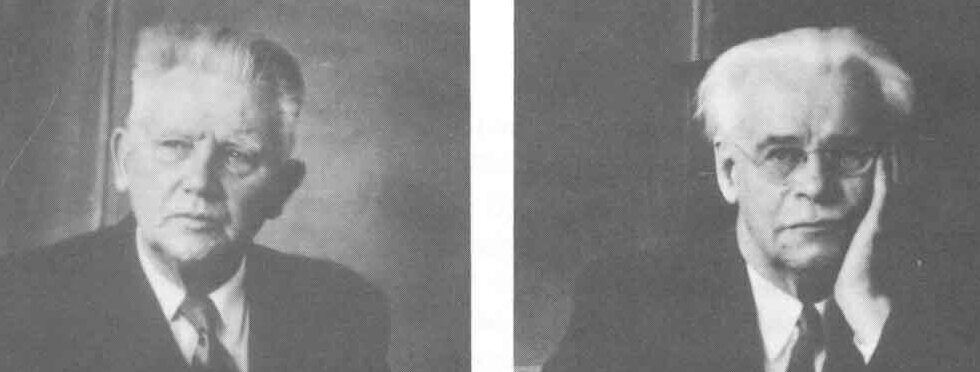“A small church of the Secessionists at Ulrum, province of Groningen, the Netherlands, recently had to be replaced by a much larger building. According to the papers in Holland, the entrance to the small church bore an inscription on a stone on its left side that read, “Man Nothing.” Engraved on its right side were the words, “Christ All in All.” That entrance was too narrow for many people.”
(Herman Hoeksema & Henry Danhof, Sin and Grace. 1.)
“But is it not possible to consider the temporal things apart from the eternal and thus maintain that in this life the ungodly enjoy many good things as tokens of God’s grace toward them?
He that enjoys a nice sleigh-ride on a beautifully smooth and slippery road that ends in a deep precipice, or he that takes keen delight in a pleasant boat trip down the stream toward the Niagara Falls, would be considered a fool. So is he an abominable fool that considers the pleasures of this present time grace and a blessing though their end is inevitable destruction. You cannot separate the eternal from the temporal. All things are means to an end. It is, then, grace and a blessing to climb along a steep and rugged road to heaven; it is wrath and a curse to slide down a smooth road to hell.
Herman Hoeksema, The Protestant Reformed Churches in America. 314.
“But if they are bent on depriving God of the free right of electing and reprobating, let them at the same time take away what was given to Christ”
John Calvin, Institutes of the Christian Religion. III. 22. 1.
“For, mark you well, we dare not look upon this faith as a gift that is once bestowed upon us, and that, ever after its first bestowal, we possess in ourselves, apart from Christ. On the contrary, it is a continuous gift, the fruit in us of the constant operation of the living Christ in us. It is the union of our soul with the living Lord.”
Herman Hoeksema. Triple Knowledge: An Exposition of the Heidelberg Catechism: Vol. 4 – The Lord of Glory. Page 46 (1947).
“However, it now became evident that the covenant was God’s. Man could break it in his own will, that is, by a free choice refuse to will it. But this did not nullify the covenant. God is greater than man’s heart. His cause is not dependent on man’s choice. On the contrary, the choice of man is dependent on God’s will. God wills the covenant.
Therefore, according to God’s good pleasure, behind Adam when he fell away stood Christ, God’s companion, and in him the Lord’s covenant of friendship with man was firm. Out of grace in Christ, God realizes his covenant of friendship with man, contrary to his sinful will and unto his sanctified will, so that man becomes God’s covenantal companion and friend eternally.”
Henry Danhof. The Idea of the Covenant of Grace, The Rock Whence we Are Hewn, pp. 38-39).
Narrow the way and strait the gate
Enter leaving your works behind,
Who of his works does prate
The narrow way cannot find
Philip Rainey
